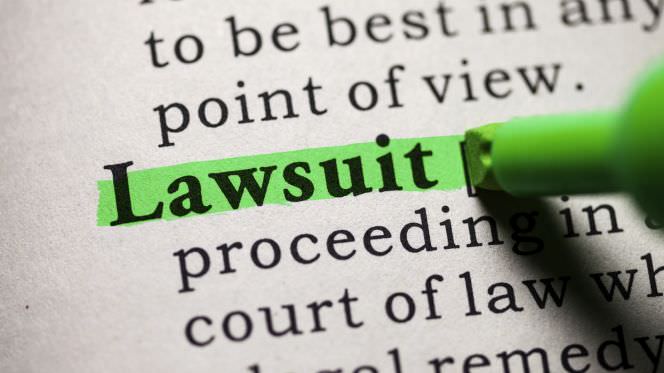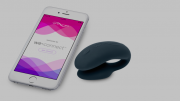Fitbit, a leading name is the wearable fitness tracker market, has been delivered a class action lawsuit from three people on the grounds that the company’s PurePulse Trackers do not accurately monitor heart rates as advertised.
The plaintiffs, Kate McLellan, Teresa Black and David Urban, each argue that the readings on their Fitbit devices were off. Black alleges in the lawsuit that in one instance, her personal trainer manually recorded her heart rate at 160bpm, while her Charge HR device had her heart rate at only 82bpm.
According to the lawsuit, “Plaintiff Black was approaching the maximum recommended heart rate for her age, and if she had continued to rely on her inaccurate PurePulse Tracker, she may well have exceeded it, thereby jeopardizing her health and safety.”
When McLellan says in the lawsuit that she noticed her own Charge HR was off from other monitors on stationary cardiovascular exercise machines, she called Fitbit, which instructed her to reboot her device. When that didn’t work, McLellan says she chatted with a Fitbit representative online, who would not provide her with a refund.
Jonathan Selbin, one of the lawyers representing the plaintiffs and all Fitbit purchasers, tells Mashable that Fitbit advertises its devices for high-intensity workouts, but “it’s wildly inaccurate when you use it for that purpose. You market it to do something, and it can’t.”
All three plaintiffs agree in the lawsuit that they would not have purchased their Fitbit devices or would have paid significantly less with the knowledge that they can’t consistently deliver accurate heart rate readings.
In a statement published by ITV, a spokesperson for Fitbit defended its products, saying, “We do not believe this case has merit. Fitbit stands behind our heart-rate technology and strongly disagrees with the statements made in the complaint and plans to vigorously defend the lawsuit.”
The lawsuit also includes an accusation of unfair and deceptive trade practice. The plaintiffs allege that purchasers of Fitbit devices can not use them as advertised until they are registered on the Fitbit website, which forces users to agree to an arbitration agreement and class action ban. The complaint details the fact that there is no indication before or at the time of purchase that there is a required agreement.
“These are things that take away your constitutional rights, they say ‘you can’t sure us,'” Selbin says. “Just by visiting their website you are agreeing to arbitration or a class action ban.”
The full statement by Fitbit from ITV:
We do not believe this case has merit.
Fitbit stands behind our heart rate technology and strongly disagrees with the statements made in the complaint and plans to vigorously defend the lawsuit.
Fitbit is committed to making the best clip and wrist-based activity trackers on the market. Our team has performed and continues to perform internal studies to validate our products’ performance.
PurePulse provides better overall heart rate tracking than cardio machines at the gym, as it tracks your heart rate continuously – even while you’re not at the gym or working out. But it’s also important to note that Fitbit trackers are designed to provide meaningful data to our users to help them reach their health and fitness goals, and are not intended to be scientific or medical devices.”
Have something to add to this story? Share it in the comments.
Source: mashable.com





Be the first to comment on "Fitbit Is Being Sued for Inaccurate Heart Rate Monitors"